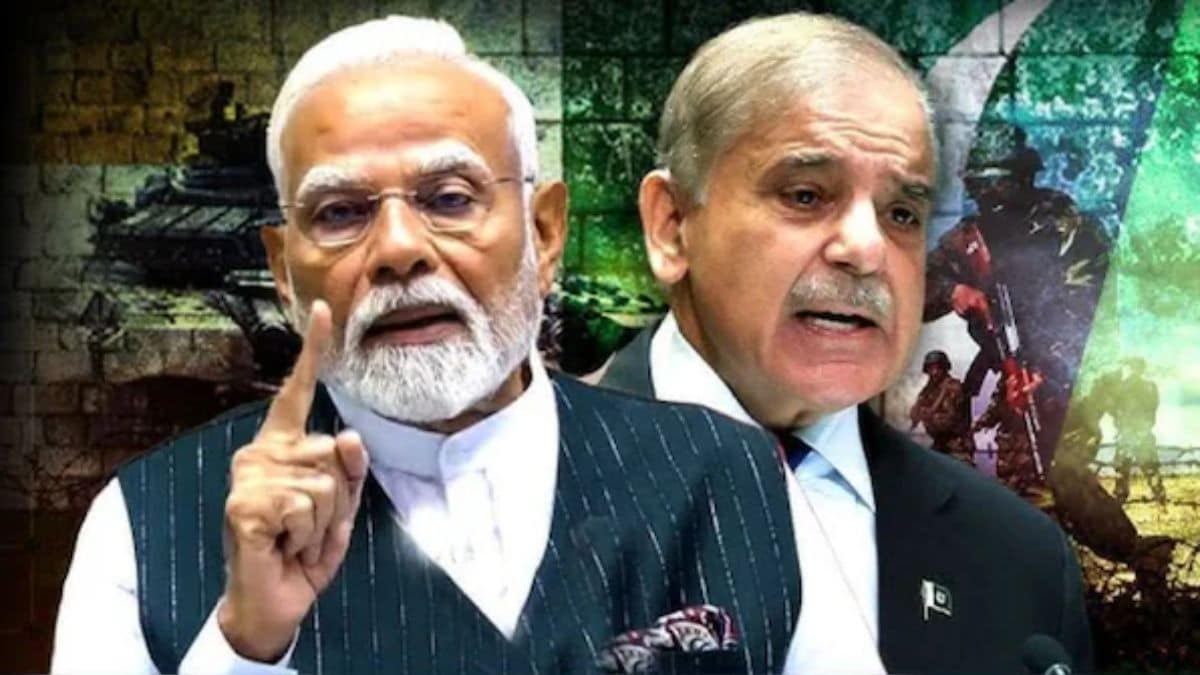

In recent weeks, Pakistan's Prime Minister Shehbaz Sharif has renewed his call for dialogue with India to address all outstanding issues. This comes after a period of heightened tensions between the two countries, triggered by the Pahalgam terrorist attack in April 2025 and India's subsequent military action. While Sharif has expressed his willingness to discuss a range of topics, including Jammu and Kashmir, water, trade, and terrorism, India remains wary, insisting that the focus of any dialogue must be on the return of Pakistan-occupied Kashmir and the cessation of cross-border terrorism.
Sharif's renewed call for dialogue comes after a tense period in India-Pakistan relations. The Pahalgam terrorist attack on April 22, 2025, which resulted in the killing of 26 Indian tourists, led to a severe escalation in tensions. India responded by launching Operation Sindoor on May 7, 2025, targeting what it claimed were terrorist infrastructure in Pakistan-administered Kashmir and Pakistani Punjab. Pakistan, in turn, retaliated, leading to a brief but intense military conflict. A ceasefire was announced on May 10, 2025, following diplomatic efforts.
Despite the ceasefire, tensions remain high. India has taken several non-kinetic measures against Pakistan, including holding the Indus Waters Treaty (IWT) in abeyance and stopping all trade. India has also made it clear that it will not hesitate to use force against terror camps in Pakistan.
India's stance is that it seeks normal relations with Pakistan only in an atmosphere free of terrorism and violence. Prime Minister Narendra Modi has conveyed a clear message that India will not engage in peace talks with Pakistan unless the issue of terrorism is addressed. India accuses Pakistan of masterminding terrorism in Jammu and Kashmir and other parts of India.
Pakistan, on the other hand, claims that it has played a leading role in the war on terror and has suffered significant losses. Pakistan also accuses India of inciting violence and supporting insurgents in Balochistan.
The Kashmir issue remains a major sticking point in India-Pakistan relations. Both sides claim the territory of the former princely state in its entirety. Sharif has urged India to move beyond the August 5, 2019 decision, referring to the abrogation of Article 370 of the Indian Constitution, which revoked the special status of Jammu and Kashmir.
The Indus Waters Treaty, which governs the sharing of water from the Indus River and its tributaries, has also become a source of contention. India's decision to hold the treaty in abeyance has raised concerns in Pakistan about its water security.
Given the history of distrust and the recent escalation in tensions, it remains to be seen whether Sharif's renewed call for dialogue will lead to any meaningful progress. India remains wary of Pakistan's intentions and insists that the focus of any dialogue must be on terrorism and the return of Pakistan-occupied Kashmir.
The international community has a role to play in de-escalating tensions and encouraging dialogue between India and Pakistan. The United Kingdom played a role in de-escalating tensions during the recent standoff. The United States has also been involved in efforts to ease regional tensions.